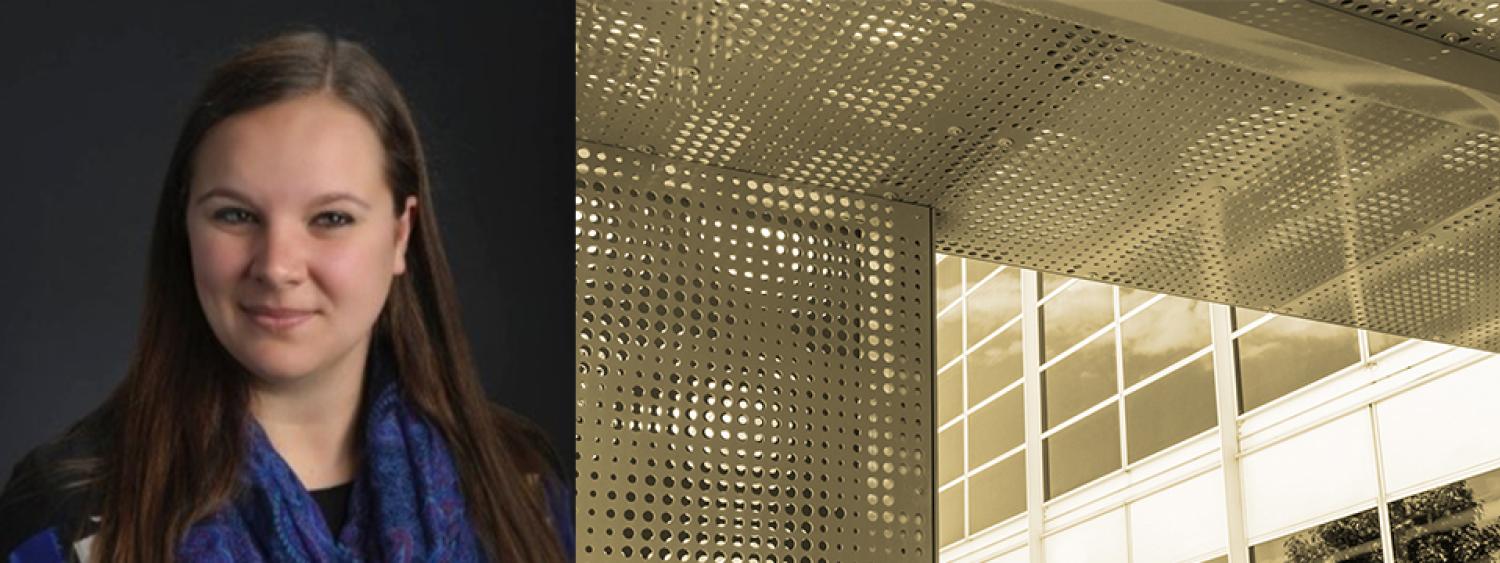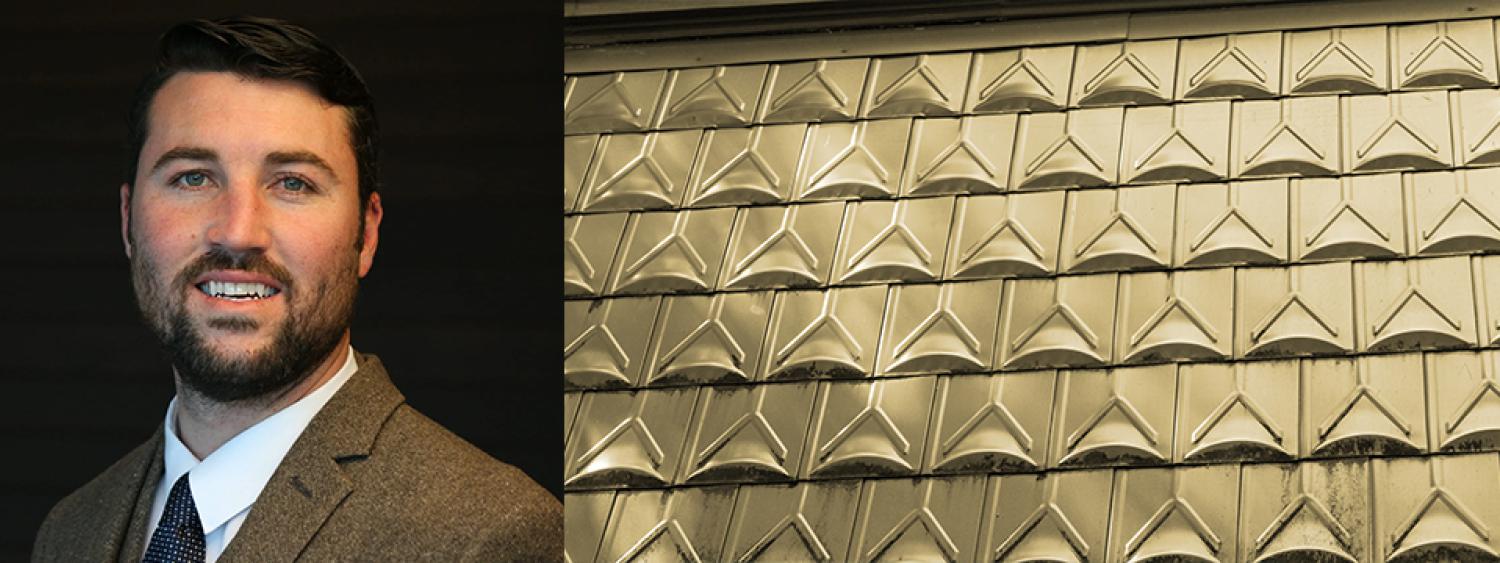** Announcement **
$1,000 in Scholarship Funding Now Available for New MA Students
What can you do with an MA in Communication?
Students who complete our program receive offers to PhD programs or accept positions related to communication management, marketing, health communication, and public relations, among others, in a variety of corporate and non-profit organizations. The National Communication Association offers profiles of alumni in a wide range of careers.
Program Overview
Our MA program is a 30-credit (10 courses) generalist degree designed to enhance students' intellectual and professional growth in communication research and practice. Students can focus exclusively on communication theory and research, or they can choose to also mix in applied skills (primarily in elective courses). The Communication department is a community of learners, scholars, and teachers who are committed to our shared mission: “cultivating the ability to use communication to create a more equitable and humane world.”
See MA Degree Requirements for more information.
Five Required Courses
- Two required introductory courses focus on communication theory and research skills (COMM 6013) and research methods (COMM 5221)
- Two 6000-level seminars (COMM 6711: Special Topics, repeatable with different topics) that cover specific areas of communication research and theory in faculty areas of expertise (for example: Communication and Healing; Critical Media Studies; Communication, Culture, and Technology; Environmental Communication).
- Choose one of: COMM 6700 Projects or COMM 5939 Internships in your second-last semester (or before), and present your work at a symposium in your final (Fall or Spring) semester.
Five Electives
The remaining 15 credits (5 courses) are electives, which can include a variety of courses, travel study, and/or internships.
You can choose electives that enable you to earn certificates in Strategic Communication, Health Communication, or Digital Studies.
Combined online and in-person program format
The program combines both in-person and online components. We offer some courses online and others in-person, so the program cannot be completed solely online nor can it be completed entirely with in-person only coursework. In general, typically more of the program is online than in-person, but the format of the required courses can vary by semester and it also depends which electives a student selects.
Many courses are offered in a hybrid format, meaning that there are some in-person meetings, and/or some zoom meetings, and/or some asynchronous online work. Some COMM 6711 seminars and required courses are offered in-person on weekday evenings (Mondays-Thursdays) 5:00 pm - 7:50pm to accommodate students who work weekdays, while others meet on Zoom during this time and/or have asynchronous components. Electives are typically offered during weekdays or, more commonly, as asynchronous online courses.
Certificates
Some students choose electives that enable them to complete certificates in Health Communication, Strategic Communication or Digital Studies.
It is also possible to just complete certificates on their own without earning the MA degree by enrolling as a "non-degree" student.
MA program learning outcomes
At the conclusion of our program, students will be able to:
- Use Communication concepts and theories to solve problems in professional, personal, and community/civic life
- Select and use appropriate methods to collect, analyze, and interpret data to answer Communication research questions
- Communicate ethically and effectively; extemporaneously, in writing, and across digital platforms
- Identify, critique, and evaluate research from across major fields of Communication
Faculty
Our faculty members have expertise in: Media and Cultural studies; Environmental Communication; Health Communication; International and Intercultural Communication; qualitative methods in Communication; Rhetoric; and Organizational Communication, and on a range of specific topics including China-US communication; sport; law and American culture; sexuality, queer, and gender studies; biopolitics; national security; globalization; social justice; conflict, mediation, and negotiation; food studies; prisons; Islam and religion; and more.
Learn more and apply
To get general information about being a graduate student at CU Denver, including living in Denver, academic programs, and student resources, check out Graduate Education. They also handle all the bureaucratic and technical aspects of the admissions process and transfer credits. Student finances, including billing, financial aid, and scholarships is in a separate office. International admissions handles visas, international transcript evaluations, and English requirements.
For specific Communication MA application instructions, deadlines, and requirements, click the button below:
Communication MA application instructions
Learn more about the Graduate School at CU Denver:




